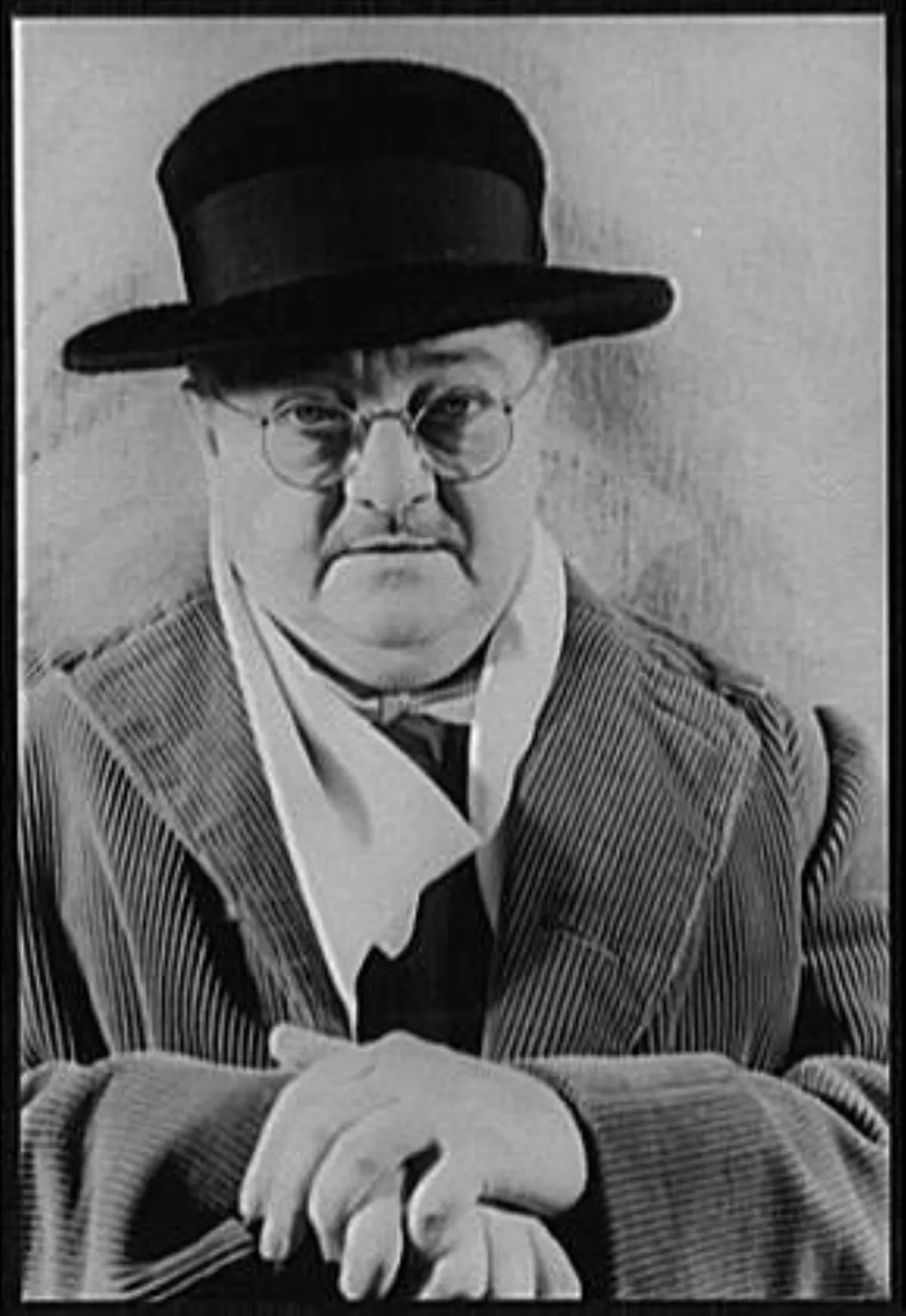 1.
1. Alexander Humphreys Woollcott was an American drama critic for The New York Times and the New York Herald, critic and commentator for The New Yorker magazine, a member of the Algonquin Round Table, an occasional actor and playwright, and a prominent radio personality.